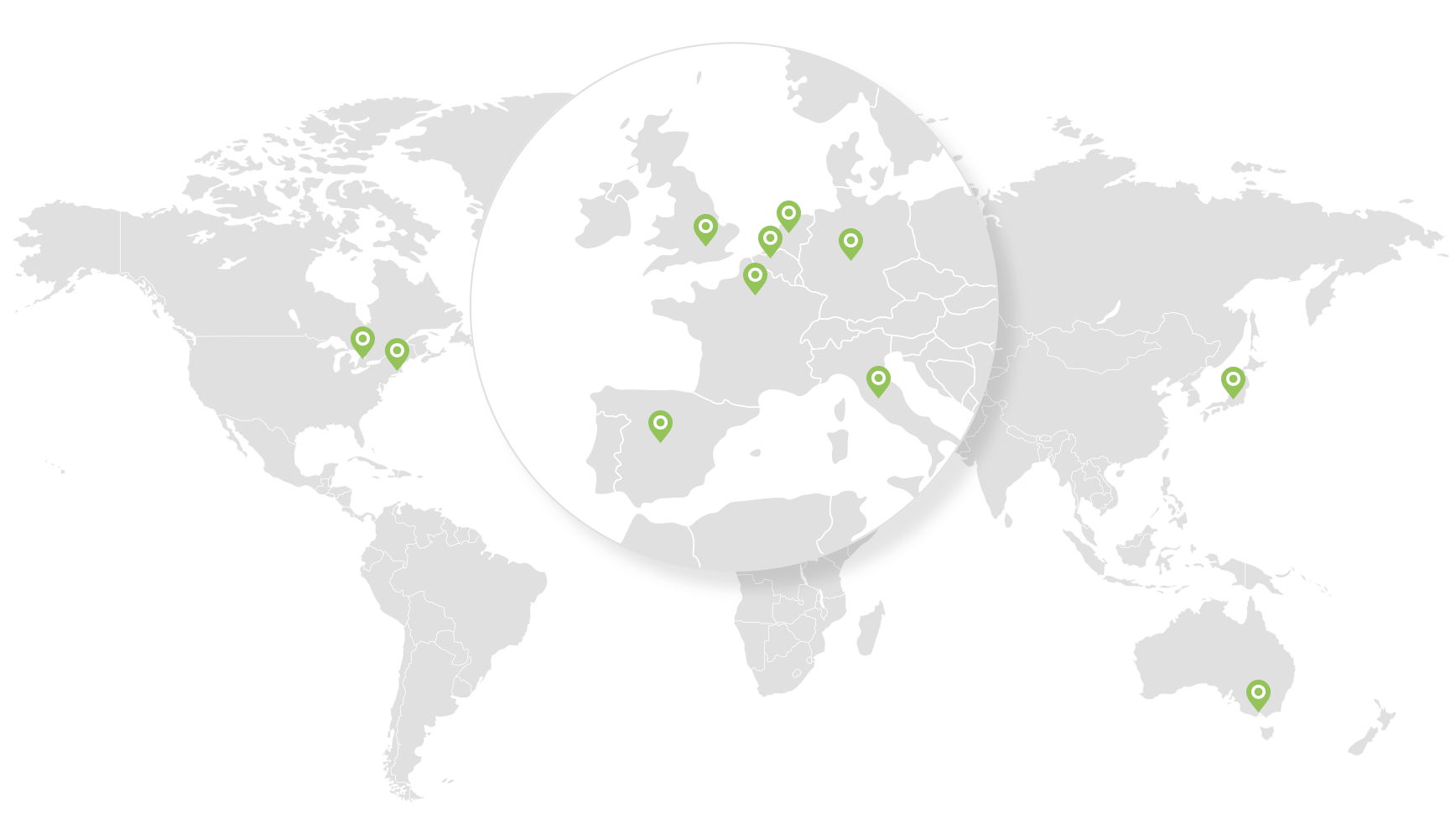arGEN-X expands its therapeutic antibody alliance with Shire
- New discovery program initiated within 12 months of collaboration start
Breda, the Netherlands– arGEN-X, a biopharmaceutical company specialized in the discovery and development of highly differentiated human monoclonal antibody products, is broadening its therapeutic antibody collaboration with Shire. Initiated in March 2012, the existing alliance is focused on arGEN-X using its SIMPLE Antibody™ discovery platform to create novel human antibody therapeutics addressing diverse rare and unmet diseases being pursued by Shire.
Building upon the success of the partnership to date, the companies have now instigated an additional discovery program, addressing a new and exciting therapeutic opportunity. arGEN-X continues to be responsible for all antibody discovery and certain preclinical activities, while Shire will conduct all disease-relevant preclinical work, as well as clinical and commercial development of therapeutic antibody products. arGEN-X receives research funding and success-based payments, as well as milestones and royalties on products developed under the collaboration.
Commenting on today’s announcement, Tim Van Hauwermeiren, CEO of arGEN-X, said:
We are pleased to expand our partnership with Shire based on our consistent delivery of therapeutic quality antibodies against challenging Shire targets. Our SIMPLE Antibody™ platform has the unique ability to blanket disease targets with functional antibodies and generate differentiated drug candidates with phenomenal productivity. We are delighted that Shire recognizes these qualities and has chosen to broaden our collaboration so soon after starting to work together.
Our collaboration with arGEN-X is an excellent strategic fit with the work that Shire is already doing on behalf of patients with rare diseases said Dr. Philip J. Vickers, Global Head of Research and Development, Shire Human Genetic Therapies. Working with arGEN-X provides Shire with access to this unique antibody platform that expands our therapeutic options to treat patients with rare diseases and we are pleased to expand this program so early in our collaboration.
